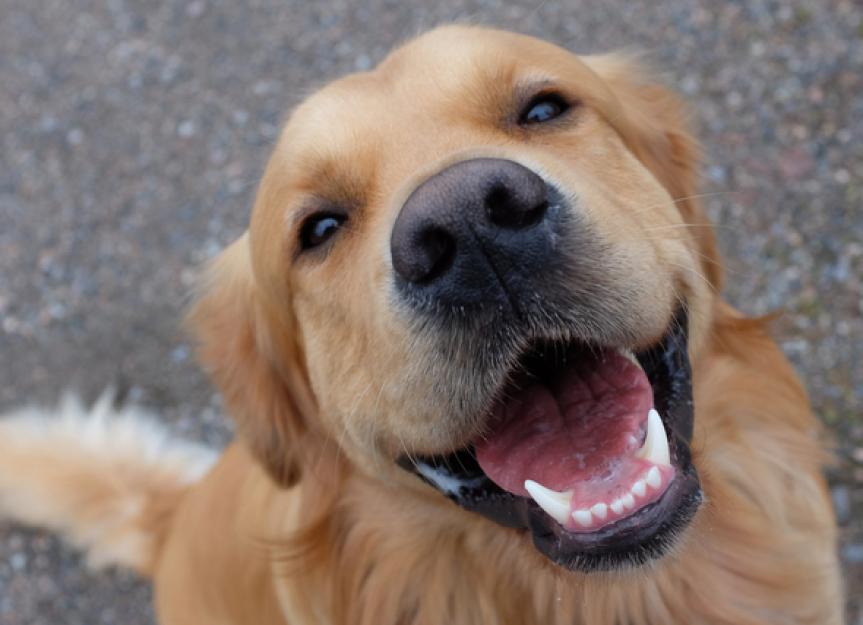
Dogs have a fascinating behavior of covering up their poop, and while it may seem simple and instinctual, it serves multiple purposes. Understanding why dogs engage in this behavior requires exploring their evolutionary history and natural instincts.
Firstly, dogs have inherited this behavior from their wild ancestors, such as wolves. In the wild, wolves and other canids would bury their feces to minimize the scent and avoid attracting predators or other competing animals. By covering their poop, they decrease the chances of being detected and, consequently, reduce the risk of being followed or attacked. This behavior allowed their pack to remain safe and undetected while roaming their territory.
Secondly, dogs are naturally inclined to be clean animals. They have a strong instinct to keep their living areas tidy, and this extends to their elimination habits. By covering their poop, dogs are essentially "cleaning up" after themselves, maintaining a cleaner living environment. This behavior is particularly evident in domesticated dogs, as they have been bred over centuries to exhibit certain desirable traits, including cleanliness.
Additionally, covering their feces serves as a way for dogs to mark their territory. Dogs have scent glands in their paws, and when they scratch the ground or kick dirt over their feces, they are spreading their unique scent. This territorial marking behavior communicates to other animals that the area is already claimed, acting as a form of territorial boundary. It helps dogs establish and maintain their dominance, protecting their resources and deterring potential intruders.
Moreover, covering their poop can also be seen as a display of social behavior. When dogs live in packs, they establish a hierarchy with dominant and subordinate individuals. The dominant dogs often cover their feces as a way to assert their authority and reaffirm their higher status within the group. Subordinate dogs, on the other hand, may leave their feces uncovered to signal their submission and respect for the dominant members.
It's important to note that not all dogs cover their poop consistently or in the same way. Factors such as the dog's individual personality, environmental conditions, and learned behaviors can influence the extent to which they engage in this behavior. Some dogs may not cover their feces at all, while others may use their noses or paws to push dirt or grass over it. Nevertheless, the underlying reasons for this behavior remain rooted in the dog's evolutionary and instinctual repertoire.
In conclusion, dogs cover their poop for several reasons. Inherited from their wild ancestors, this behavior helps to reduce the scent and avoid attracting predators or competitors. Dogs are naturally inclined to be clean, and covering their feces contributes to maintaining a cleaner living environment. It also serves as a territorial marking behavior, helping them establish dominance and communicate ownership of a particular area. Furthermore, covering or uncovering their feces can be a display of social behavior, indicating hierarchy and submission within a pack. While the exact motivations behind a dog's decision to cover their poop may vary, the underlying evolutionary and instinctual factors continue to shape this intriguing behavior.
